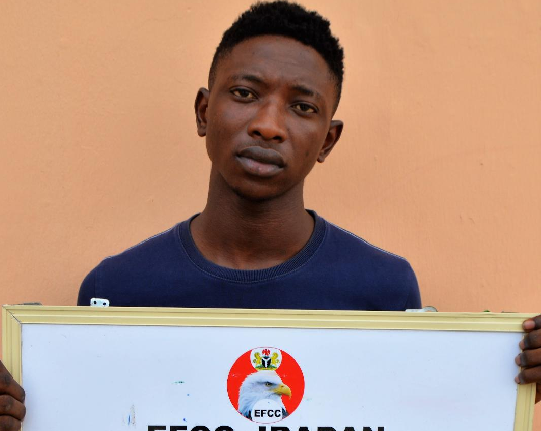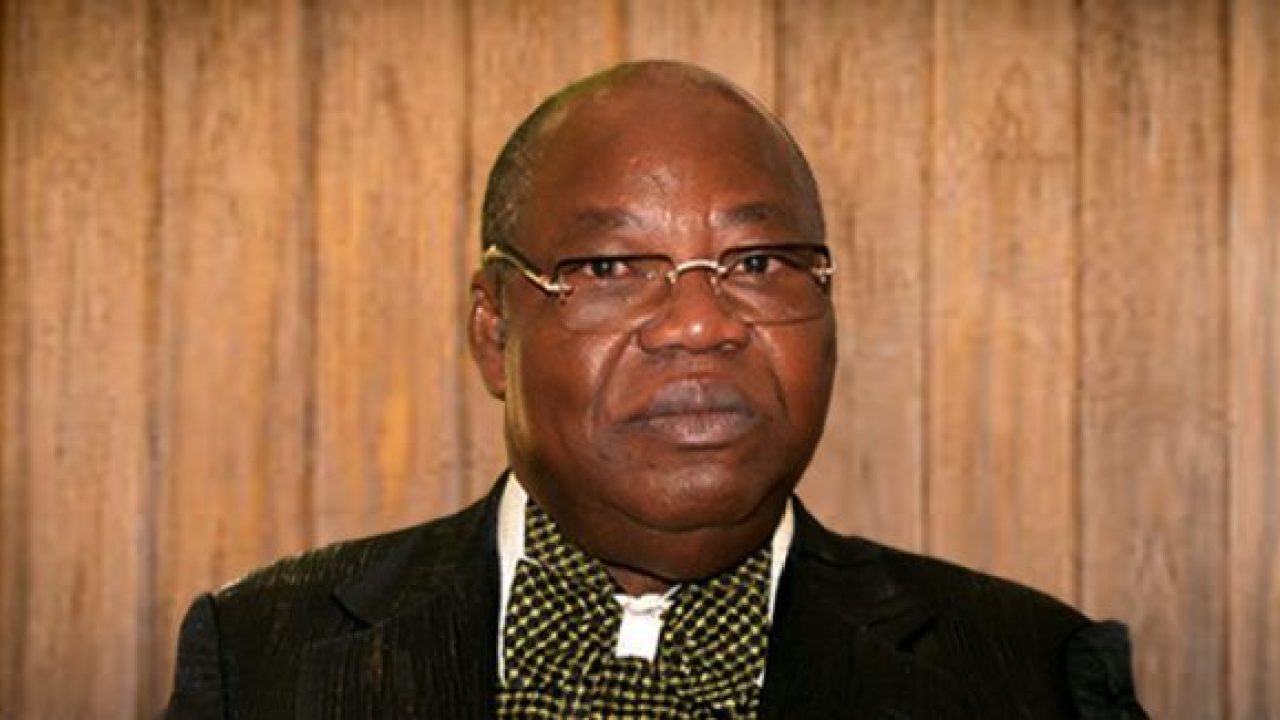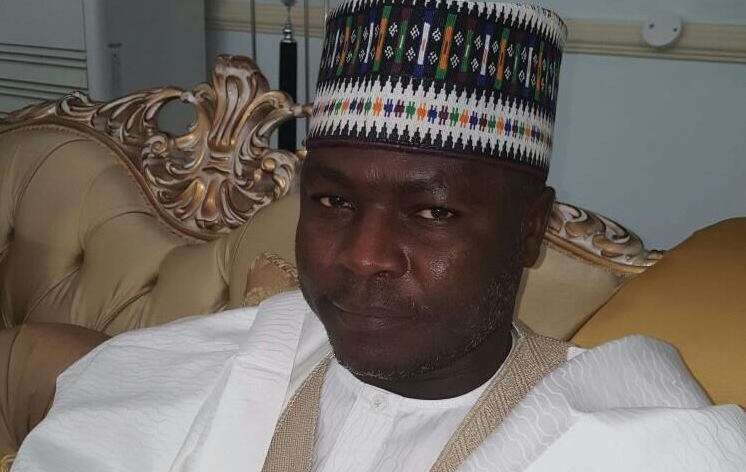The recent current of the #BlackLivesMatter movement in the US has surged tremendously in Nigeria – a country in the thrall of its own unique kind of ‘’racism’’ – tribalism. Nigerians held protests at the embassy of the US in Abuja, condemning the murder of George Floyd, an African-American, by a Caucasian Minneapolis police officer a few days ago. Really, while the protests are for a righteous cause, no doubt, we need to re-wheel and deepen them to square up to our own fundamental imbalances.
The US is a society that is attuned to its frailties and rises to the occasion when need be to confront them. While there are laws to address issues of racism in America like the Civil Rights Act of 1964, there are no laws assiduously tackling tribalism in Nigeria. In fact, the laws we have in Nigeria are designed to accent tribalism and nepotism; for example, the Quota System, ‘’Federal Character Principle’’ and ‘’catchment area’’ policy.
I must say, while the Quota System and the Federal Character Principle were ideated to rugby-tackle concerns of ethnic representation in the public sector, they have over the years become the fulcrums on which tribalism, nepotism and ethnic dominance are scaffolded. These policies have also enthroned incompetence, discrimination, lack of healthy competition, indolence and indiscipline in the national life while supplanting meritocracy and competence.
I scored 284 in JAMB – high above the cut-off mark of the course I applied to study at university. But I could not secure admission at the university I wanted which was in another part of the country where I am supposedly not a native. I was robbed of choice because of the ‘’catchment area’’ policy. This was many years ago, but the academic apartheid still persists in Nigeria today. There is no change even in 2020!
Advertisement
Now, I have an eight-year-old son, and if I elect that he studies in Nigeria, that will be putting him through the same mill of discrimination and institutional apartheid that I faced. I think, this is the worst kind of ‘’native racism’’. We really have got to make Nigeria work for all Nigerians.
We live in country where to transact any official matter you have to declare your ‘’state of origin’’ and not your ‘’state of residence’’ – even when you have lived in a particular area in the country since your nativity.
I recall, in March, the Cross River state house of assembly rejected the appointment of Akon Ikpeme as substantive chief judge of the state — because she is from Akwa Ibom, even though she is married to a Cross Riverian.
Advertisement
In a voice vote at a plenary session, the assembly rejected Ikpeme’s appointment after receiving a report by the committee on judiciary. In the report, Godwin Akwaji, representing Obudu state constituency, and five others, recommended her rejection on the loony grounds that she is not a native of the state. Ikpeme hails from Akwa Ibom state, but she is married to an indigene of Cross River.
Is this not apartheid? We subsist on the worst kind of discrimination based on tribe and religion. And what is more tragic is that these prejudices are institutionalised.
We cannot pontificate on racism in the US, when some Nigerians cannot buy land in certain parts of the country. We cannot sit in judgment on racism in the US, when some Nigerians kill other citizens in the cognomen of ethnicity and religion. We cannot be indignant with racism in America when some Nigerians cast ethnic slurs like — Inyamiri, Ofe nmanu, Aboki – on their fellow countrymen. We cannot be more outraged by a foreign blight than by the sickening plight of our own people and the system. That is classical hypocrisy.
We must begin to erode ‘’tribal identities’’ and revive the ‘’Nigerian identity’’ to make progress as one country. I am Nigerian. That is my tribal identity.
Advertisement
#TheNigerianNOTtheTribe
Fredrick Nwabufo is a writer and journalist.
Twitter: @FredrickNwabufo
Advertisement
3 comments








I have for some time been trying to correct the erroneous concept that “a nation makes her people” when, in practice , it is the other way around-it is the people that makes up a nation.
The recognition and acceptance that we are peoples of different tribes is key to nation building. In all successful nations, it is the coming together of different tribes that forms the nation. I live in one of the most successful countries in the world and it is made up of English, Scottish, Irish and Welsh tribes. Each of this tribes are recognised and respected as a nation and they came together to form Britain and ruled the world at a point.
How did they achieve this? They first recognised that they are different tribes and decided to respect their differences.
For Nigeria ?? to begin succeed as a nation it is important for our tribal differences to be recognised, accepted and respected. Then we will be able to benefit from Nigeria’s ?? heterogenous advantage.
very good writer , how can Nigeria protest one man killed in u.s because the killer was white but in Nigeria and west Africa average of 100 was killed every day ,how many peoples from black race protest for their rights and justice, racist exist in every living human being in Africa ,racist is worst in Africa against fellow African
Welcome to the club Fredrick